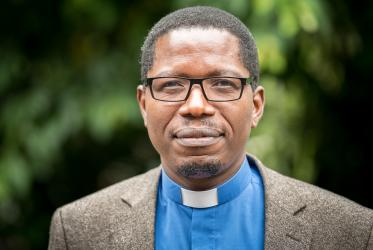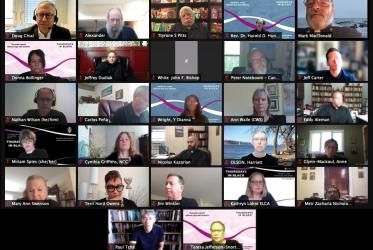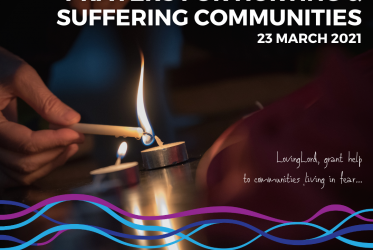476 million indigenous people live around the world, of which 11.5% live in our Latin American region. In these years that we are going from the COVID 19 pandemic in our territories (indigenous or tribal at the Latin American level), the presence of many extractive companies, mainly uranium and lithium, has increased, land traffickers and among other monoculture companies with fires for the cultivation of oil palm, logging, putting vulnerable peoples at greater risk than what is already experienced.
04 June 2021
Dina Ludeña Cebrian















